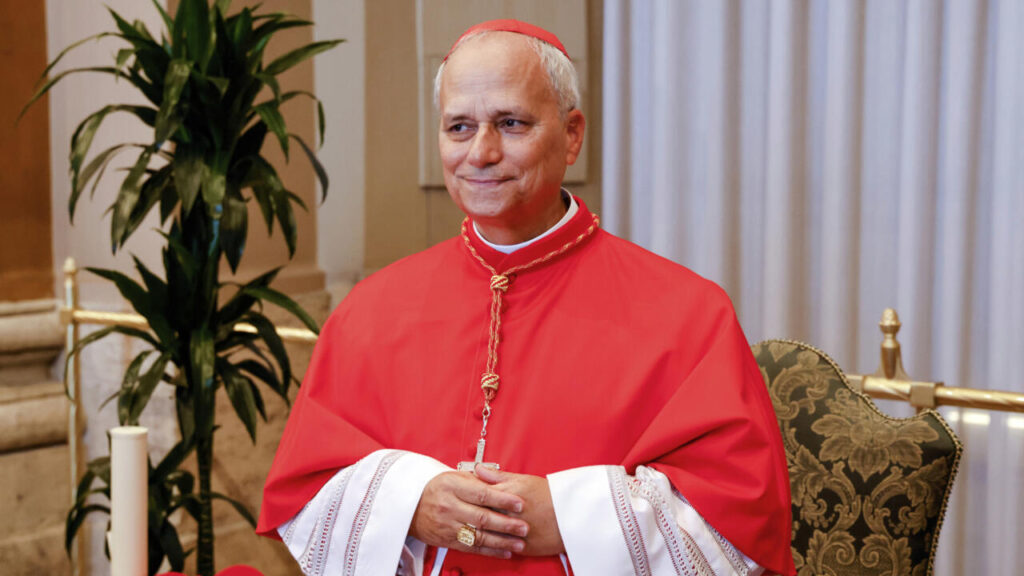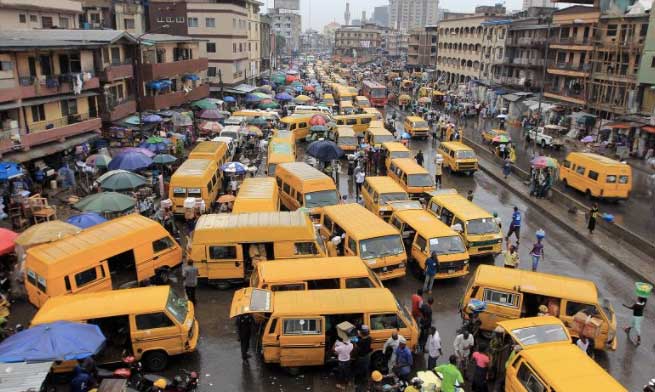On May 8, 2025, the Catholic Church entered a historic new chapter with the election of Pope Leo XIV, formerly Cardinal Robert Francis Prevost. As the first American and the first Augustinian in centuries to ascend to the papacy, his election marks a significant moment in the Church’s history. The conclave, comprising 133 cardinals from five continents, was the most international in history, reflecting the Church’s global reach. After four rounds of voting over two days, the appearance of white smoke from the Sistine Chapel signaled the successful election, greeted with jubilation by the faithful gathered in St. Peter’s Square.
A Historic First: An American Pope
Cardinal Robert Francis Prevost, a 69-year-old Chicago native with French, Italian, and Spanish heritage, was elected as the 267th pope, taking the name Leo XIV. His election is historic, marking the first time an American has assumed the papacy. Prevost’s extensive experience includes missionary work in Peru and leadership roles within the Augustinian order. His diverse background and commitment to service have positioned him as a unifying figure within the Church.
The Conclave: A Swift and Unified Decision
The conclave began on May 7, 2025, with 133 cardinal electors convening in the Sistine Chapel. Sworn to secrecy under the threat of excommunication, their only means of communicating progress was through smoke signals. Black smoke on Wednesday evening and Thursday lunchtime indicated inconclusive votes. However, on Thursday at 6:07 p.m. CEST, white smoke signaled the successful election of a new pope after four ballots, a process completed in less than two days.
The Announcement: “Habemus Papam”
Following tradition, the newly elected pope entered the “Room of Tears” to don the papal cassock before returning to the Sistine Chapel to receive the cardinals’ pledges of obedience. Shortly thereafter, Cardinal Protodeacon Dominique Mamberti announced “Habemus Papam” from the balcony of St. Peter’s Basilica, introducing Pope Leo XIV to the world. The pope then delivered his first “Urbi et Orbi” blessing, addressing the faithful in Italian and Spanish, and emphasizing themes of peace and unity.
A Pope for a Complex Era
Pope Leo XIV’s election comes at a time of significant geopolitical uncertainty and internal challenges within the Church. With 80% of the cardinal electors appointed by his predecessor, Pope Francis, the conclave sought a leader capable of navigating ideological divisions and promoting unity. Leo XIV’s background as both a pastor and a diplomat positions him to address issues such as declining church attendance in the West, ongoing conflicts like the war in Ukraine, and the need for internal reforms.
Continuing the Legacy of Reform
In his inaugural address, Pope Leo XIV signaled a commitment to continue the reformist legacy of Pope Francis. He emphasized the importance of a “missionary,” “welcoming,” and “synodal” Church, advocating for dialogue and inclusivity. His choice of the name Leo XIV pays homage to Pope Leo XIII, known for championing social justice, suggesting a continued focus on similar issues.
Final Thoughts
Pope Leo XIV’s election represents a momentous occasion for the Catholic Church, blending tradition with a renewed focus on global inclusivity and reform. As the first American pope, his diverse background and commitment to service position him to address the complex challenges facing the Church today. The world watches with anticipation as he embarks on this new chapter, striving to unite the faithful and guide the Church through an era of transformation.



